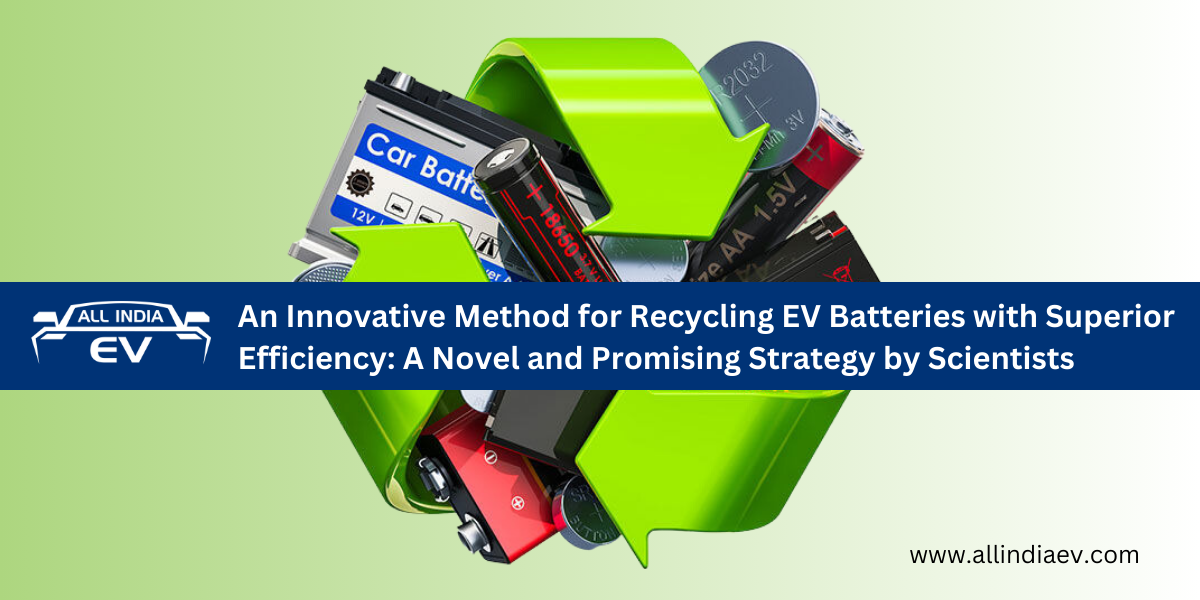An Innovative Method for Recycling EV Batteries with Superior Efficiency: A Novel and Promising Strategy by Scientists
Some scientists in Sweden have created a special way to recycle batteries. When you first see them, you might think they are making coffee. This is because they crush electric car batteries into a dark powder and then separate the important metals. This method is similar to making coffee, as mentioned in a report from their university.
The report explains how they do it. They use acid, crush the batteries, and then filter them. The scientists say this new way is good for the environment and helps reduce waste.
This research is really important. As more electric vehicles (EVs) and other gadgets need batteries, we need more metals like lithium, cobalt, and nickel to make them. This recycling method helps find these important metals.
“This is an innovative method that can offer the recycling industry new alternatives and help solve problems that hinder development,”
Chalmers chemistry associate professor Martina Petranikova said in the university report
Remarkably, the process results in the gathering of 100% of the aluminium, 98% of the lithium, and minimal losses of nickel, cobalt, and manganese. Those are all valuable metals that can be reused. What’s more, the process doesn’t use toxic chemicals. Even the acid is organic, all per Chalmers.
The Chalmers team describes the setup as resembling a kitchen mixer or an old-fashioned coffee percolator. It crushes battery cells into a fine, black powder, which is then dissolved in acid. The black “mixture” is then passed through a filter, collecting lithium and aluminium from the liquid after filtration while leaving the other important metals as solids.
“So far, no one has managed to find exactly the right conditions for separating this much lithium using oxalic acid, whilst also removing all the aluminium,”
doctoral chemistry student Léa Rouquette said in the university report
“Since the metals have very different properties, we don’t think it’ll be hard to separate them.”
Researchers at Chalmers have already collaborated on battery recycling projects with businesses like Volvo. The university claims that this is a significant step in the direction of a more effective procedure.
“Our method is a promising new route for battery recycling — a route that definitely warrants further exploration,”
Rouquette said

